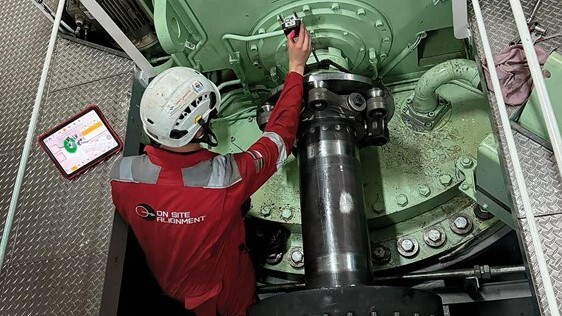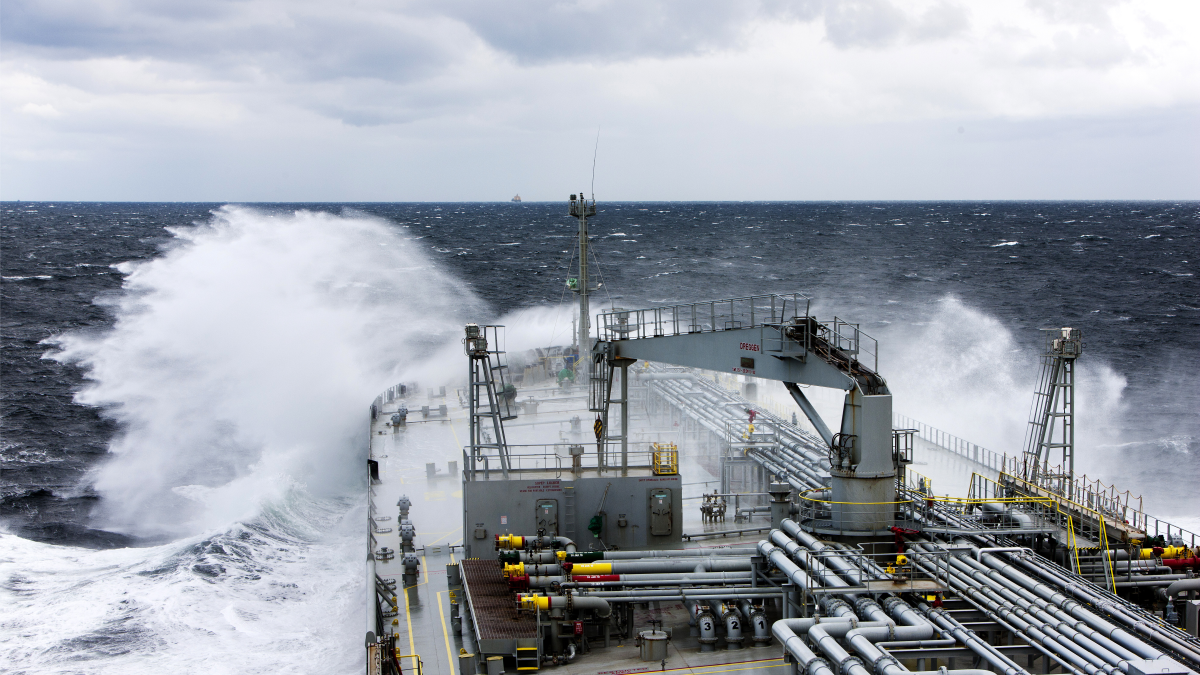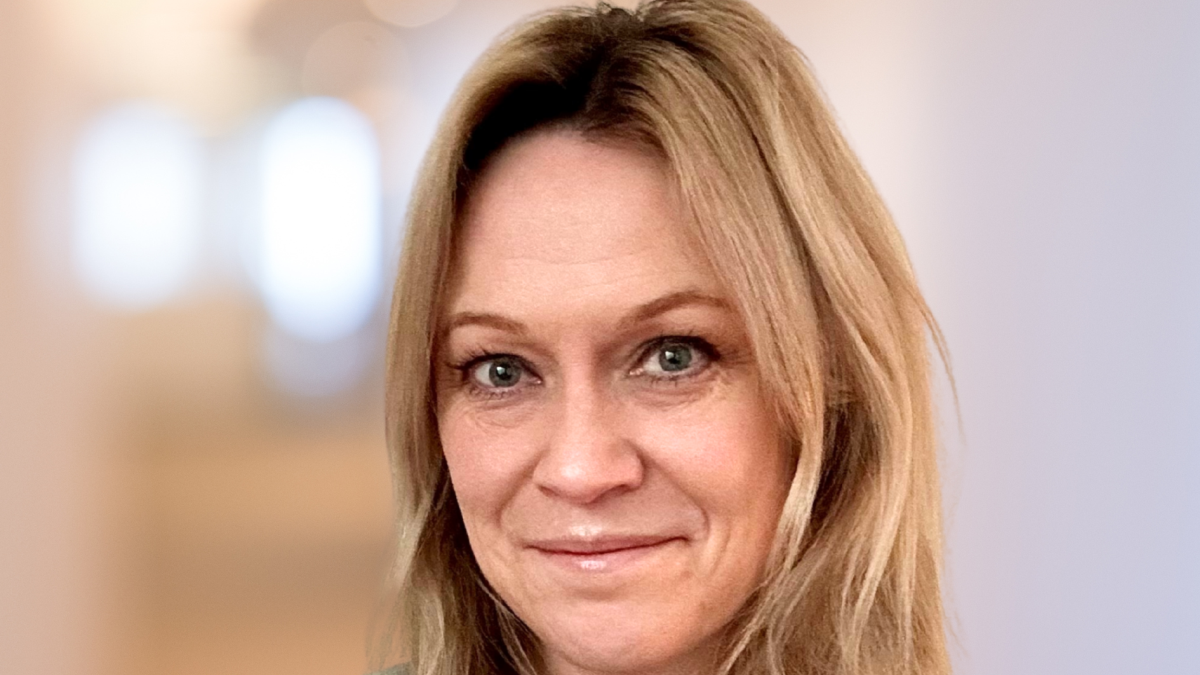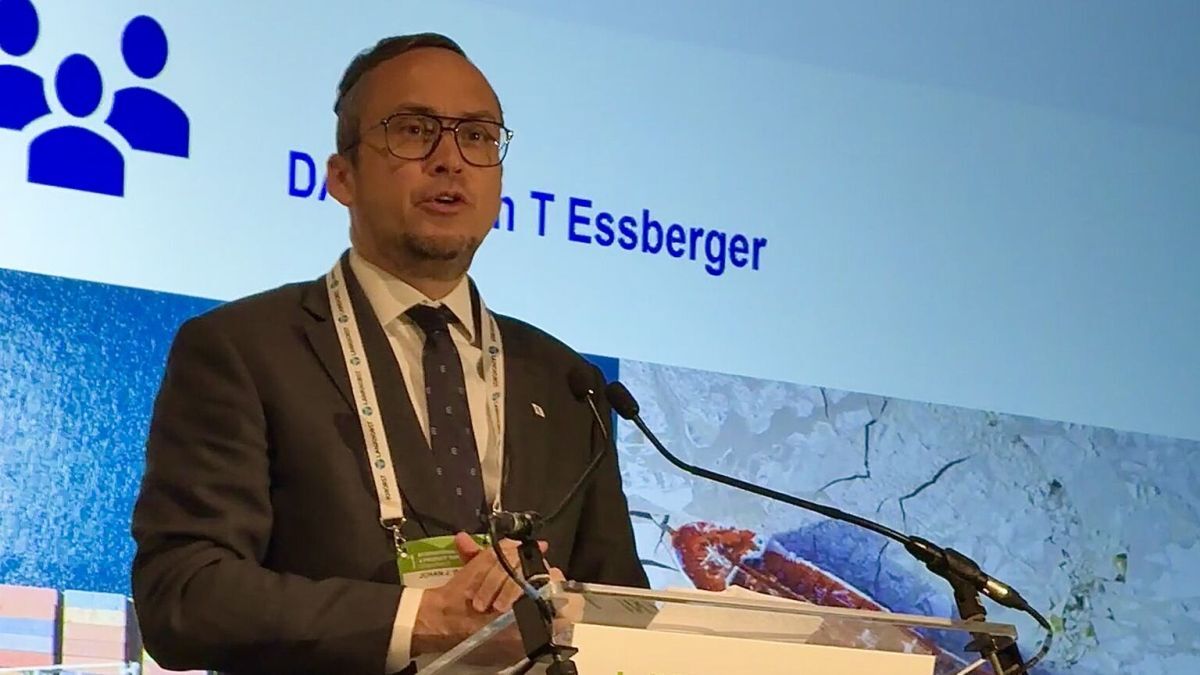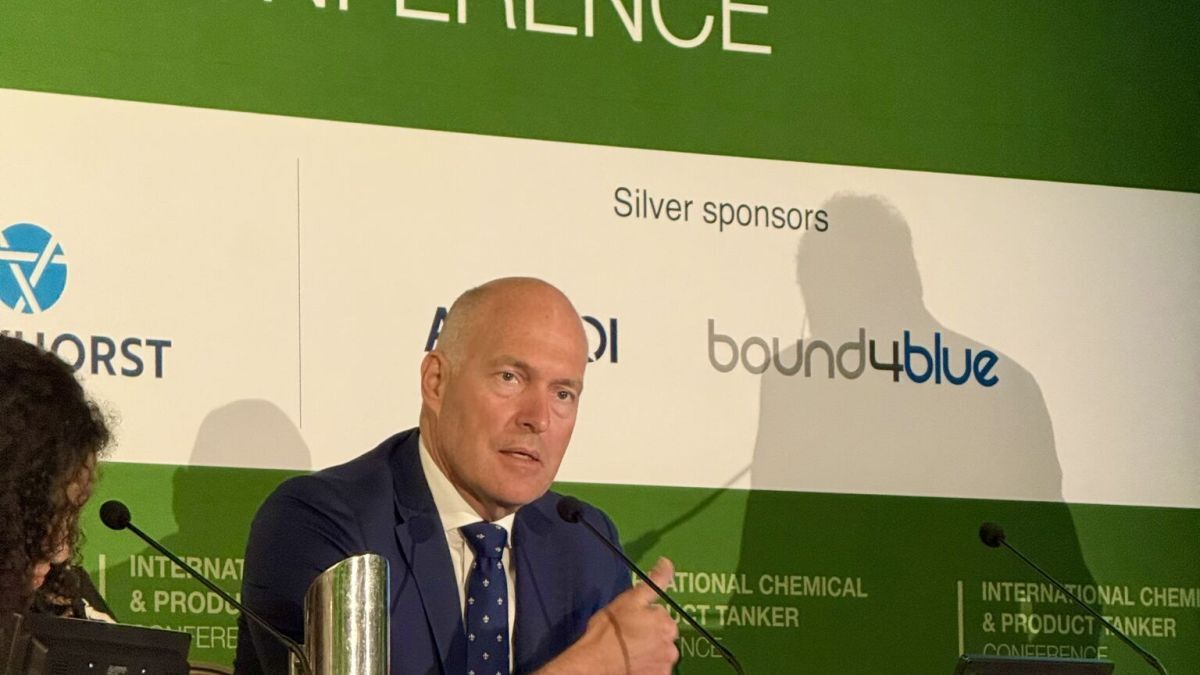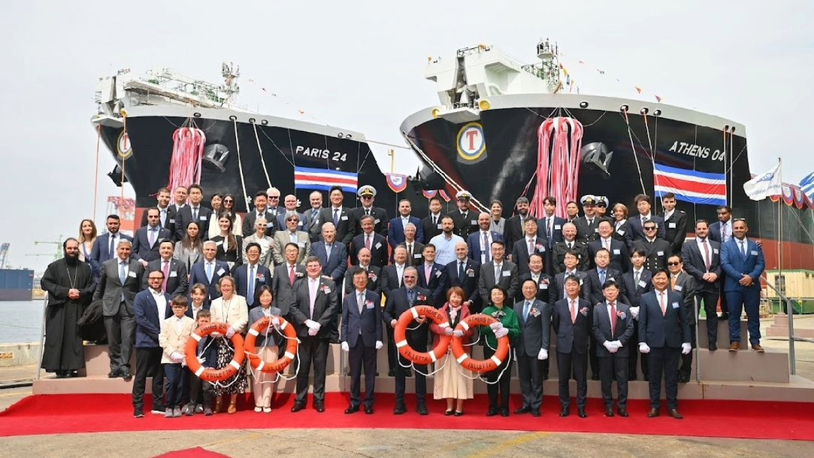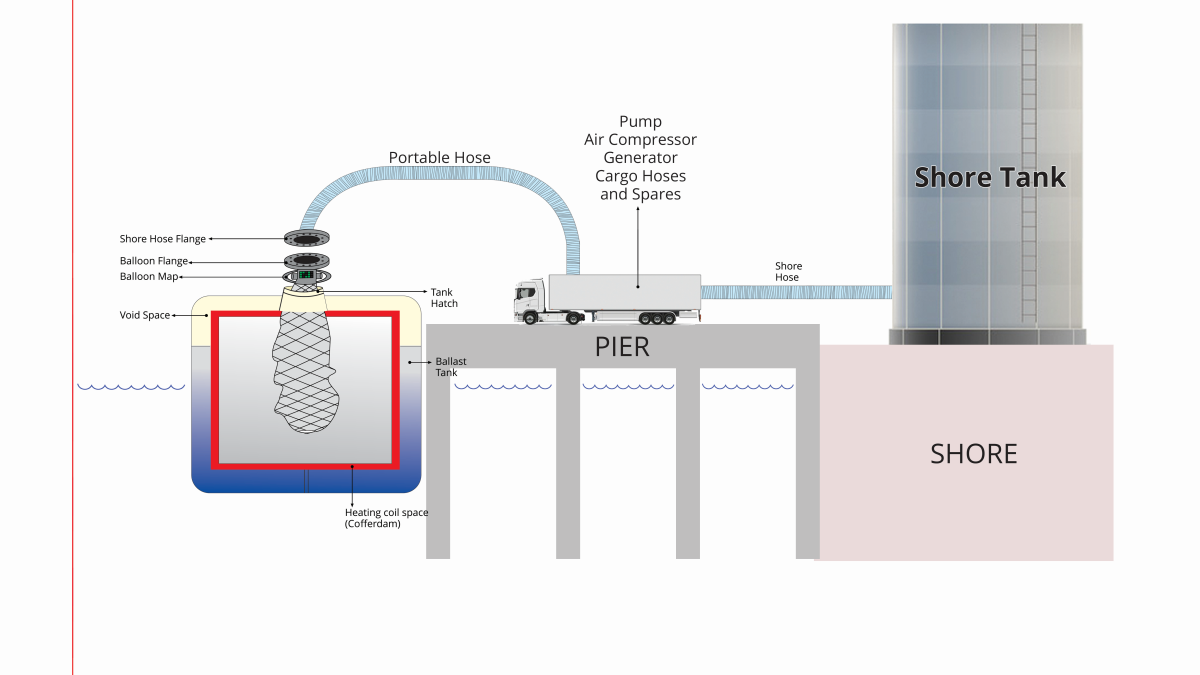Business Sectors
Events
Contents
Dr Anil Sharma: leading ship recycling into a new era
As the largest and most visible buyer of ships for recycling, GMS founder and CEO Dr Anil Sharma is educating the rest of the industry – including regulators – on the practice
In the past 12 months, Dr Sharma and his company GMS have taken on the task of trying to improve the safety of tanker recycling through the issue of Hot Works Guidelines for Tankers Bound for Recycling.
The aim is to further upgrade ship recycling safety standards, mitigate accident risks and improve workers’ safety.
Dr Sharma explained that although this was a system initially developed for its own team, the company decided to circulate it to the relevant tanker owners and even local authorities (especially in Pakistan): “We felt it was important for the industry to also implement these guidelines, in order to help prevent/mitigate future accidents. I’m proud to say that having followed these guidelines, GMS has successfully cleaned over 40 tankers since December 2017 with a zero-accident record.”
Building on this success, the company is working to establish the relevant infrastructure and invest in staff and other resources through its own Responsible Ship Recycling Program (RSRP). “We have opened another office in India, hired experts, trained yard workers and safety officers, written the first two books in the industry on ship recycling, and set standards for owners who couldn’t invest their own personnel and expertise for supervising an RSRP,” he said.
Dr Sharma’s philosophy is to bring professionalism to an otherwise diversified and sometimes incoherent sector of the shipping industry through ‘PIP’: performance, integrity, and professionalism.
“This effectively conveys what I expect of my team and what my team delivers to our clients,” he said.
The long lead times and the external forces that impact the ship-recycling business – from steel scrap prices, tariffs and foreign exchange, to monsoons and regulations – mean that Dr Sharma does not try to micromanage.
“I delegate tasks, foster independence and empower my team to make decisions and come to me for a final recommendation. This helps them build a deeper understanding of the product and the market overall, so they become an expert in the field.”
The role of GMS in the recycling business puts the company at the heart of decarbonisation: “Currently, there is an accelerating pace of recycling obsolete vessels.
The more we incentivise the recycling of older ‘guzzler’ vessels, the more it provides opportunities for newer, cleaner, modern tonnage.
Providing an exit avenue for these vessels helps reduce the global carbon footprint.
We are also the only [recycling] cash buyer and company in our industry that measures and reports the carbon footprint of every vessel we recycle,” he said.
Dr Sharma listed some of the initiatives being undertaken by GMS: “The next few decades will bring a plethora of ships for recycling and we are ensuring the availability of [yard] capacity, that safe processes are followed, and that the workforce is well prepared and well trained for the influx. We are also investing in R&D for environmentally sustainable technology, such as safe paint-removal technology.
Finally, we are raising awareness about upcoming regulations and how to be more informed in conferences and the press.
For example, before and after the EUSRR came into effect, we published articles, advertised, and spoke at international conferences about its potential impact and how we as a company could assist,” he concluded.
Related to this Story
Events
Maritime Environmental Protection Webinar Week
Cyber & Vessel Security Webinar Week
The illusion of safety: what we're getting wrong about crews, tech, and fatigue
Responsible Ship Recycling Forum 2025
© 2024 Riviera Maritime Media Ltd.

